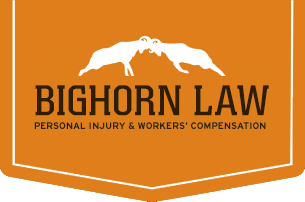Statistics from the National Transportation Safety Board (NTSB) indicate that just under 28 percent of all road traffic accidents are rear-end collisions. That’s around 1.7 million every year.
The main cause of rear-end shunts? Driver inattention, according to a 2007 report, published by the National Highway Traffic Safety Administration. The comprehensive study found that 87 percent of collisions were caused by drivers failing to observe what was happening around them on the road.
If you’re unlucky enough to be struck from behind in a rear-end collision, the tailing driver is likely to be at fault. There are occasionally extenuating circumstances, but most rear-end impacts are down to failure to leave a safe stopping distance.
In the aftermath, you may feel shocked and shaken up. However, if you are able to do so, it’s important to take these steps immediately after the accident:
- Make sure to get the other driver’s license and insurance information.
- Write down the names and addresses of any witnesses to the accident.
- Take photographs of any vehicle damage and the accident scene, including the road surface, any skid marks and traffic signs/lights etc.
- If you’re injured, then call for a medical emergency service.
- Call the police to report the collision.
- Review and secure a copy of the police report.
- Call up Bighorn Law to speak with an auto accident attorney for advice on your rights and what to do next – delay can hurt your case, so act swiftly.
Don’t assume that because traffic was slow-moving that you couldn’t have sustained an injury. Whiplash – when the head is flung backward and then forward again – can occur when your car is completely stationary, and the tailing vehicle is crawling forward.
Bear in mind also that whiplash symptoms may take up to 48 hours to manifest, and can include the following symptoms (not an exhaustive list):
- Neck, shoulder and arm pain
- Back pain
- Headaches
- Dizziness and loss of balance
- Fatigue and nausea
- Tingling and numbness
- Problems with sleep, memory and concentration
- Tinnitus (a perception of hissing, roaring, buzzing, ringing or other noises in the ears)
Injured? Bighorn Law auto accident attorneys are here for you 24/7. We’ll fight your corner and stand up for your rights. Bighorn Law has always got your back.


